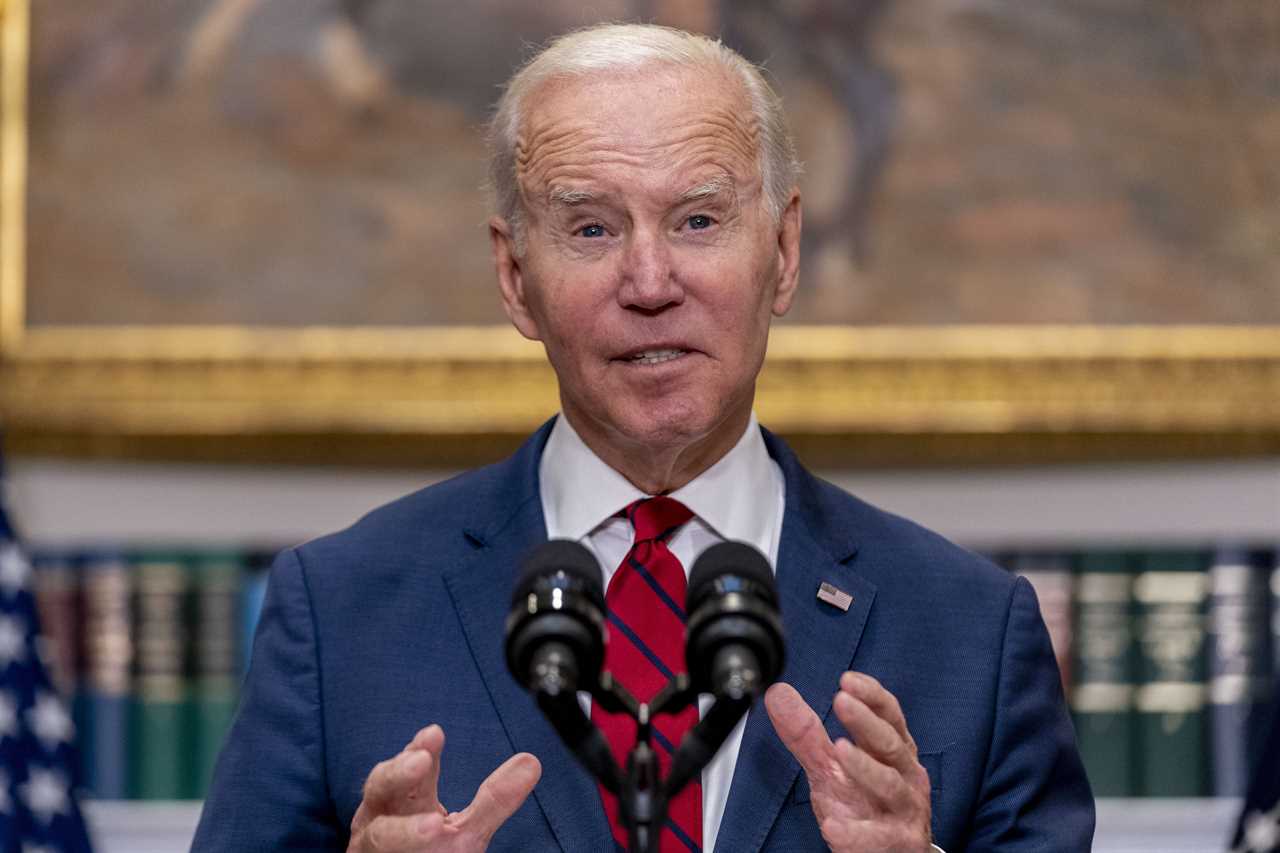
Congressional China hawks see President Joe Biden’s latest vow to defend Taiwan from a Chinese invasion as further encouragement in their pursuit of sweeping legislation that would overhaul Washington’s relationship with Taipei.
Biden pledged without reservation earlier this week that the U.S. would send troops to Taiwan if China tried to invade the self-governing island. It was at least the fourth time the president has made such a declaration, the latest being his most unequivocal. But each time, the White House has subsequently released a terse statement insisting that U.S. policy toward Taiwan — that the country is a part of China, but that the question of independence is up to the Taiwanese people — has not changed.
While some lawmakers are still trying to figure out whether to take Biden at his word, others see his repeated, decisive statements on the matter as evidence of alignment with their legislation openly boosting Taiwan.
“That’s why I think it’s crazy that they pushed [back] on our bill. That’s why I think some of my colleagues are off-base when they worry about ‘strategic ambiguity,’” said Senate Foreign Relations Committee Chair Bob Menendez (D-N.J.), who introduced the legislation and has long advocated for a more aggressive posture toward Beijing.
“Look, the president has said this not once, not twice, but four times now,” he added. “You can’t be more direct than that.”
Menendez’s bill, the Taiwan Policy Act, sailed through the Foreign Relations Committee last week with bipartisan support, despite the White House’s early objections to the measure. Some provisions were altered to placate the Biden administration, but the legislation still definitively re-orients U.S. policy by authorizing unprecedented military assistance and advancing symbols of Taiwanese sovereignty.
National security adviser Jake Sullivan told reporters on Tuesday that the president “has not” announced a shift in policy — even though Biden has indicated as much multiple times dating back to last August.
U.S. policy toward Taipei is outlined in the Taiwan Relations Act, a landmark 1979 law that established the current so-called “One China” policy. It also established “strategic ambiguity,” the idea that the U.S. would remain purposely noncommittal about whether it would defend Taiwan using military force.
But Biden's declaration, delivered Sunday night during a “60 Minutes” interview, reflected the growing majority on Capitol Hill that wants to do away with strategic ambiguity amid mounting fears that China will move on Taiwan in the short-term. And it underscores the administration’s ongoing deliberations over the best way to deter China’s aggression toward the democratic island.
Others declined to offer direct support for Biden’s commitment to send troops to defend Taiwan. But Sen. Tim Kaine (D-Va.), who voted for the Taiwan Policy Act, said simply: “We need to help Taiwan be able to defend itself.”
And Sen. Brian Schatz (D-Hawaii), who opposed the Taiwan bill in committee, acknowledged that his own view favoring strategic ambiguity “differs” from Biden’s as stated in the “60 Minutes” interview.
Those who defended Biden, though, suggested that the flap itself amounts to an exercise in strategic ambiguity, whereby the president says one thing and his staff says another. Sen. Chris Murphy (D-Conn.), a key White House ally who opposed the Taiwan bill in committee, said the president’s statements alone don’t necessarily signal a change in policy and instead chalked up the furor to Biden's habit of talking "like regular Americans.”
“President Biden … is not scared of stating his personal view,” Murphy said. “That doesn’t mean that the official policy of the country spanning administrations is to leave the question of Taiwan’s defense up for some interpretation and debate.”
Republicans, meanwhile, see a president and a White House that can’t get their story straight on Taiwan policy and are too worried about provoking China, as reflected by the administration’s apparent concerns with Speaker Nancy Pelosi’s visit to Taipei last month.
“It’s really dangerous when the president can’t get his own statements on such a big issue correct. And it undermines his credibility when his people have to keep coming back and correcting him — four times in a row. It’s kind of shocking,” said Sen. Dan Sullivan (R-Alaska), who is steeped in Asia-Pacific policy.
“If they’re changing their Taiwan policy," the Alaskan added, "they need to brief the Congress of the United States, for God’s sake.”
----------------------------------------
By: Andrew Desiderio
Title: Congress' China hawks start counting Biden as an ally
Sourced From: www.politico.com/news/2022/09/21/congress-china-hawks-start-counting-biden-as-an-ally-00057958
Published Date: Wed, 21 Sep 2022 12:00:00 EST






